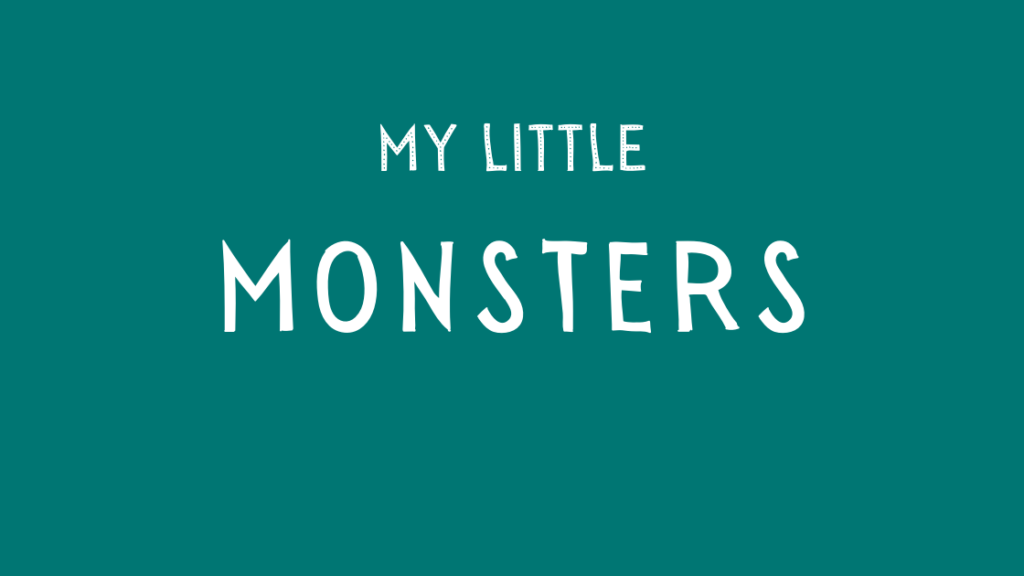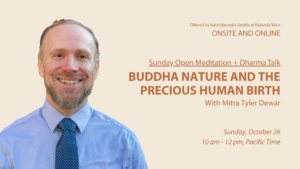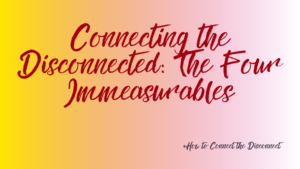A few years ago, I created an assemblage sculpture called My Little Monsters, a tower of creatures, toys and figurines that I have collected over the years. Most of them are quite friendly, even whimsical, creatures like Gumby, who is riding a beaded rhinoceros. Some may be considered creepy like the little snakes, a voodoo doll and various critters. I have a great fondness for all the “beings” who inhabit My Little Monsters. I consider this artwork a tribute and a kind of shrine to monsters — my own and others — and what they have to teach us.
When film director Guillermo del Toro gave his acceptance speech for his beautiful movie, The Shape of Water, at the Golden Globes in 2018, he said, “Since childhood I’ve been faithful to monsters — I have been saved and absolved by them. Because monsters, I believe, are patron saints of our blissful imperfection.”
In the article, “A look at the spiritual side of del Toro,” Priscilla Page says this about del Toro’s films:
“Monsters teach us empathy for others and for ourselves. In that way, they can be as powerful as religious icons, if not more so…In del Toro’s universe, there’s no such thing as heavenly perfection or true evil. There are only choices we make: to help others, to sacrifice, to be kind.”
— Priscilla Page, about del Toro's films
My Little Monsters sculpture includes a jewelry box with a mirror. One monster, with two magnetic faces to choose from, is looking at one while he holds the second in his hand. He is deciding which face to wear today. This is an intentional symbol of what we can do each day: We can make a positive choice.
Reflecting on those times and situations when I behaved in ways that caused harm to the minds of others, I remember feeling angry, confused and frustrated. I acted out of a place of ignorance and a lack of clarity. I forgot to pause and consider how my speech and actions might impact others. I just bulldozed my way ahead. I regret that behavior, and I regret the distress and confusion that I caused.
I am aware of my inner monsters, and I have compassion for them. I remember that my monstrous behavior arises from my imperfections, and then I become curious and get to know them better. My imperfections have much to teach me about where I get stuck, trapped and frightened. By having empathy for myself, I can learn to be more empathetic with others when their little monsters show up.
Exercises
- If you or others show up in the world as monsters, pause and reflect on the universality of this pain, suffering and confusion. Make a commitment to practice kindness — in your heart and thoughts, and in your words and actions, if appropriate and skillful for the situation.
- Make the commitment that you will share your friendly face and kindness with all those you encounter. In the evening, review your day, and recall how you showed up.
- Every morning when you wake up, look in the mirror and choose what face you with to show others throughout the day.

Lynne Conrad Marvet met Dzogchen Ponlop Rinpoche in 1988 in Woodstock, New York and has studied Buddhism with him since then. In April 2019 she was the Artist-in-Residence at Nalanda West. See her work on her website.






